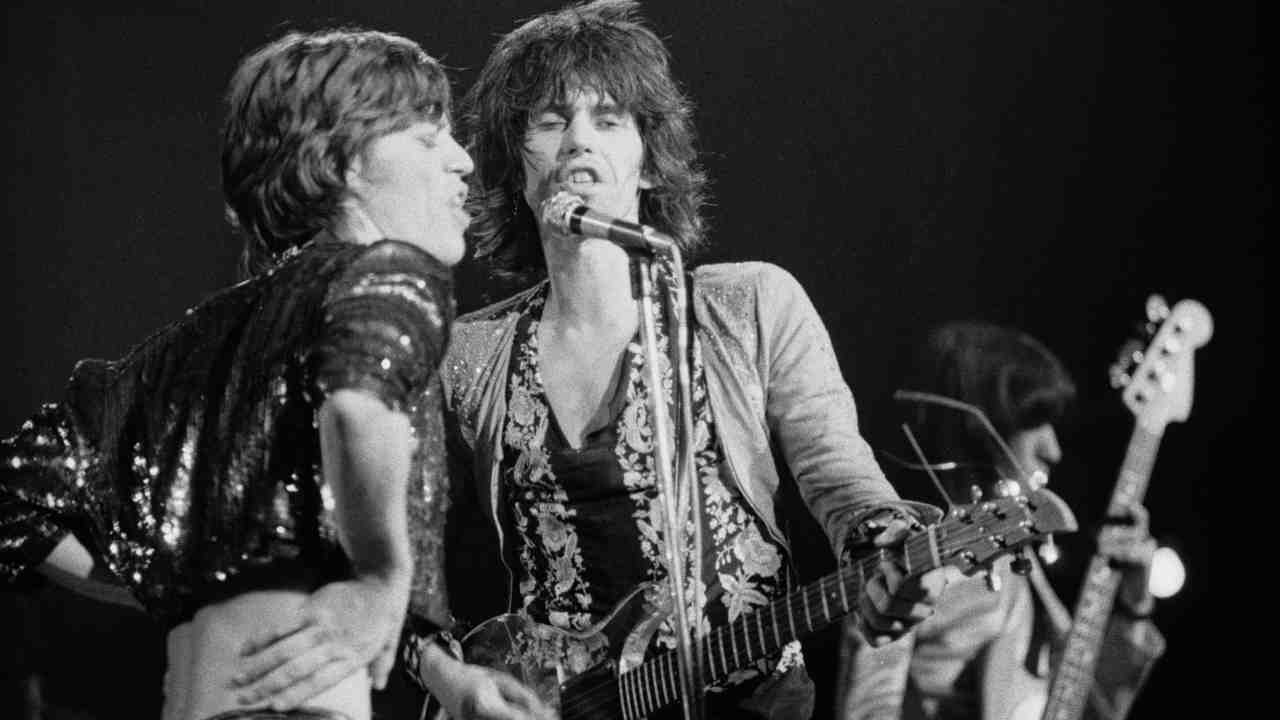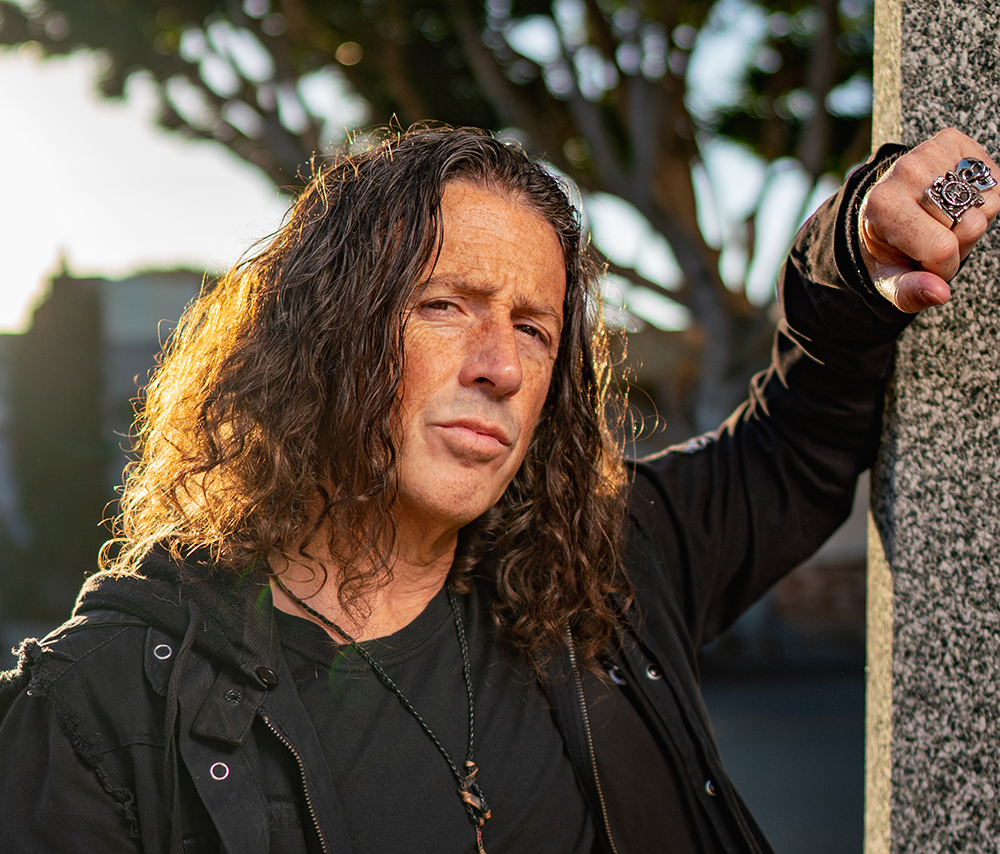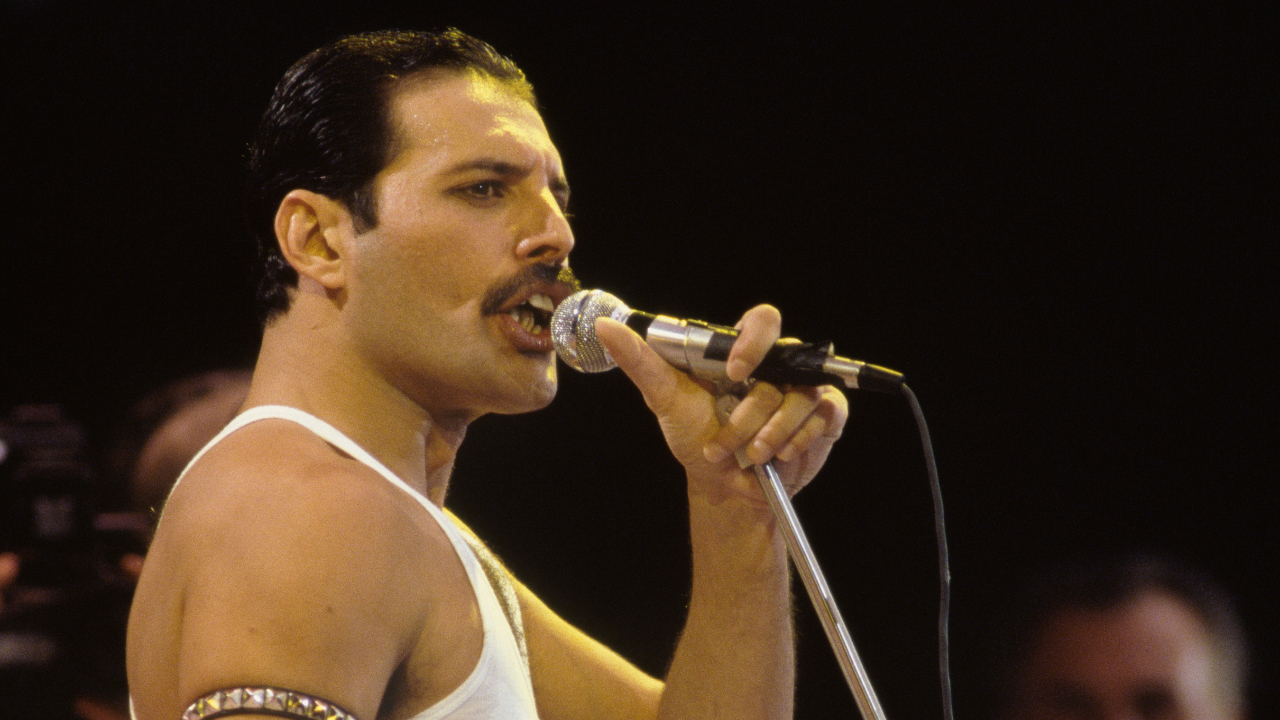Heroin, groupies and a court order: the story of the controversial documentary the Rolling Stones didn’t want the world to see
Cocksucker Blues is one of rock’n’roll’s most notorious documentaries – that’s why the Rolling Stones blocked the director from releasing it

Select the newsletters you’d like to receive. Then, add your email to sign up.
You are now subscribed
Your newsletter sign-up was successful
Want to add more newsletters?

Every Friday
Louder
Louder’s weekly newsletter is jam-packed with the team’s personal highlights from the last seven days, including features, breaking news, reviews and tons of juicy exclusives from the world of alternative music.

Every Friday
Classic Rock
The Classic Rock newsletter is an essential read for the discerning rock fan. Every week we bring you the news, reviews and the very best features and interviews from our extensive archive. Written by rock fans for rock fans.

Every Friday
Metal Hammer
For the last four decades Metal Hammer has been the world’s greatest metal magazine. Created by metalheads for metalheads, ‘Hammer takes you behind the scenes, closer to the action, and nearer to the bands that you love the most.

Every Friday
Prog
The Prog newsletter brings you the very best of Prog Magazine and our website, every Friday. We'll deliver you the very latest news from the Prog universe, informative features and archive material from Prog’s impressive vault.
Since the dawn of rock’n’roll, it has been steeped in hedonism, but Robert Frank’s documentary on The Rolling Stones' 1972 North American tour, Cocksucker Blues, casts a blinding beacon into the dark recesses of this privileged world, breaking down its glamorous facade and showcasing the bleak realities beneath.
Named after an unreleased single that the Stones submitted as a farewell ‘fuck you’ to then-label Decca (Decca declined to release it), Cocksucker Blues has lingered in both infamy and anonymity. Its distribution was almost entirely bottled by litigation, with the film surviving on VHS tapes endlessly re-recorded and passed through the underground for decades. The arrival of streaming services like YouTube has now made the film widely available, albeit with deeply-depleted production values. It remains, however, one of the most enigmatic documents of 70s rock culture.
At the core, this film is the antithesis of the band's preceding Altamont documentary, Gimme Shelter, which focused on the Stones’ disastrous 1969 free California show (capturing a literal murder in the process) and the societal power struggles intertwined with the Stones' music. Cocksucker Blues eschews societal commentary for an inward look, turning a magnifying glass on the Stones themselves, their excesses and the suffocating realities of superstardom. Frank delivers a riveting blend of the band's on-stage charisma and off-stage debauchery — the mythic trinity of sex, drugs, and rock 'n' roll.
Frank’s ability to capture this duality is remarkable. While he was known for his hyper-realist portraiture in photography (including the cover of Exile On Main Street), his filming here appears more casual, even sloppy, often making the viewer feel like a fly on the wall amidst the enveloping chaos. This cinema verité style drives home the grit and rawness of life on tour, making scenes of drug use, open sexual acts and profound boredom both uncomfortable and compelling. It’s not merely the presence of these acts that captivates, but the overwhelming absence of joy within them. In these private moments, the Stones appear trapped, with the incessant pressures of fame culminating in moments of distressing ennui. They’re more than rock stars; they’re caged animals in a circus of their own making.
Yet, Cocksucker Blues isn't a mere hedonistic exposé. It's an unflinching observation of the toll such a lifestyle extracts. By the end of '74, guitarist Mick Taylor had abandoned the Stones, perhaps seeking preservation from the engulfing chaos. In one scene, a young woman laments her daughter being taken away as the result of her LSD usage while another scene silently captures a young couple shooting heroin on a hotel bed, emotionless and detached. The most infamous scene shows a roadie and a young woman having sex on the tour’s private jet, while the band lewdly cheer them on in a manner that raises issues of consent, although a Rolling Stone reporter who chronicled that tour later indicated that the scene was staged at Frank’s suggestion.
Despite the film's focus on their off-stage lives, Cocksucker Blues doesn't neglect the Stones’ musical prowess. When we finally witness their stage performances, the music arrives like an adrenaline shot, a sharp contrast to the preceding shadowy monotony. These moments serve as pointed reminders of the band’s otherworldly talent and energy. Still, the dichotomy that Frank illustrates – between the surging vitality of their music and the languor of their personal lives – speaks volumes about the encroaching dangers of fame.
Frank’s treatment of the Stones is neither sympathetic nor judgmental. He doesn't need to be, the images speak for themselves. The Stones gave Frank carte blanche to capture their lives, perhaps underestimating the depths that he would explore. When they saw the finished product, they abruptly changed their minds – the bandsued to prevent its distribution, instantly imbuing the film with infamy and allure. Frank eventually won a 1977 court ruling that allowed him to screen the movie four times a year — so long as he was physically present at each screening. That the band would go to such lengths to suppress their own documentary only enhanced its growing mystique.
Sign up below to get the latest from Classic Rock, plus exclusive special offers, direct to your inbox!
In 1974, the Stones introduced their own version of events. Ladies And Gentlemen, the Rolling Stones, a separate documentary that focused on four Texas shows on their 1972 North American tour, glossing over the grimy revelations captured by Frank. It was a sanitised account, bereft of the uncomfortable truths, which only underscored Frank's audacious candour.
Cocksucker Blues remains a landmark film, capturing the zeitgeist of its era. To view it is to embark on a journey – the unfiltered trip of rock's most enigmatic band, seen not through the haze of adulation but the clear lens of vulnerability. As art and life converged, Robert Frank's Cocksucker Blues emerged as a poignant, albeit controversial, chronicle of one of the most influential bands in history.
Hailing from San Diego, California, Joe Daly is an award-winning music journalist with over thirty years experience. Since 2010, Joe has been a regular contributor for Metal Hammer, penning cover features, news stories, album reviews and other content. Joe also writes for Classic Rock, Bass Player, Men’s Health and Outburn magazines. He has served as Music Editor for several online outlets and he has been a contributor for SPIN, the BBC and a frequent guest on several podcasts. When he’s not serenading his neighbours with black metal, Joe enjoys playing hockey, beating on his bass and fawning over his dogs.

